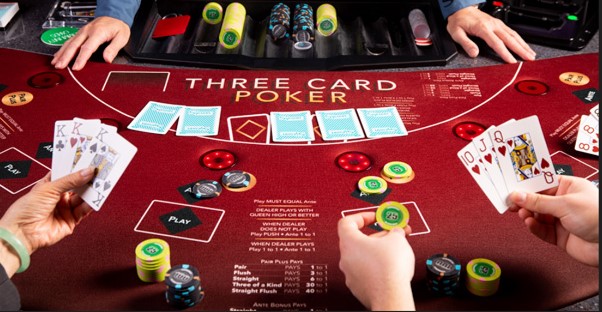Casinos have long captivated the imagination of people worldwide, Deneme Bonusu Veren Siteler offering a unique blend of thrill, luxury, and excitement. These establishments, often synonymous with glamour and wealth, serve as hubs where fortunes can be made or lost in an instant. But beyond the glittering lights and the clinking of chips, casinos embody a cultural phenomenon that spans centuries, blending history, psychology, and economics into an irresistible tapestry of human behavior.
Origins and Evolution
The concept of casinos dates back to ancient times, where games of chance were part of various cultures’ rituals and social gatherings. Over millennia, gambling evolved from simple dice games in ancient China to the opulent gambling houses of Europe in the 17th century. The word “casino” itself originates from Italian, meaning a small villa or summerhouse, where social activities, including gambling, took place.
Modern-Day Casinos: Palaces of Chance
Today, casinos are elaborate complexes designed to cater to every whim of their guests. From Las Vegas to Macau, these modern-day palaces offer a wide array of games of chance, from traditional table games like blackjack and roulette to state-of-the-art slot machines and high-stakes poker rooms. The architecture of casinos often reflects their ambition and grandeur, with themes ranging from ancient Egypt to futuristic sci-fi.
The Psychology of Gambling
Behind the flashing lights and enticing sounds lies a carefully crafted environment designed to maximize the player’s experience. Casinos employ various psychological tactics to keep patrons engaged and spending, from maze-like layouts that encourage exploration to free-flowing alcohol and complimentary amenities that create a sense of comfort and indulgence. The thrill of potential reward, coupled with the risk of loss, creates a potent cocktail that keeps players coming back for more.
Economic Impact
Beyond their cultural and entertainment value, casinos wield significant economic influence. They create jobs, attract tourists, and contribute to local economies through taxes and tourism revenue. Cities like Las Vegas and Macau have built their identities around the casino industry, becoming global destinations synonymous with entertainment and luxury.
Social Implications
However, the allure of casinos is not without controversy. Critics argue that gambling addiction and its social consequences are significant issues that must be addressed. Casinos often implement responsible gaming measures, such as self-exclusion programs and support for problem gamblers, to mitigate these concerns. The debate over the societal impact of gambling continues to shape public policy and regulation worldwide.
The Future of Casinos
As technology advances, the casino industry continues to evolve. Online casinos have surged in popularity, offering players the convenience of gambling from their homes or mobile devices. Virtual reality and augmented reality are also poised to revolutionize the gaming experience, offering immersive environments that blur the line between virtual and reality.
Conclusion
In conclusion, casinos represent more than just venues for gambling; they are cultural landmarks, economic powerhouses, and centers of entertainment. Their allure lies in their ability to evoke emotions ranging from euphoria to despair, making them enduring symbols of human desire and risk-taking. As they continue to evolve with technology and society, casinos will undoubtedly remain a captivating facet of our cultural landscape.
Whether you’re drawn to the thrill of the game or the spectacle of the environment, the world of casinos offers a glimpse into a world where chance reigns supreme, and fortunes can change in the blink of an eye.


